Terracotta pots have long been a favorite among gardeners and designers alike—not just for their rustic charm, but also for how well they support healthy plant growth. But a question we hear all the time is this: what plants actually thrive in terracotta pots? Whether you’re curating a balcony garden or sourcing wholesale planters for a home décor line, choosing the right plant for the right pot can make all the difference.
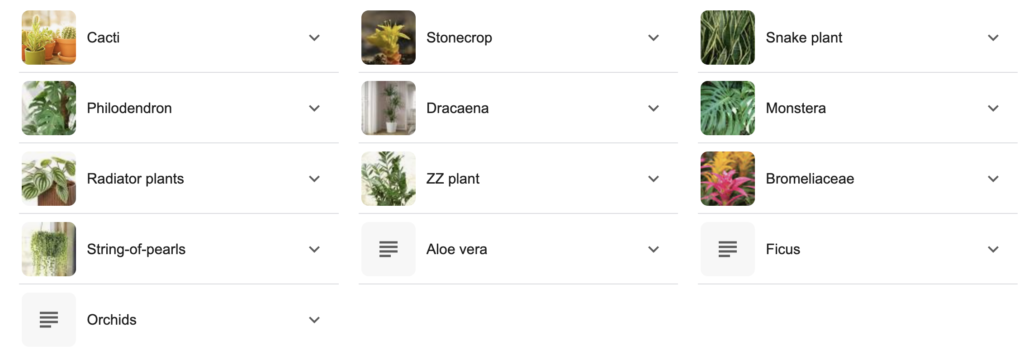
In this article, we’ll explore the types of plants that grow best in terracotta pots, compare categories using a helpful table, and answer frequently searched questions. Plus, we’ll include tips for global procurement professionals and garden brands looking to source ceramic terracotta flower pots in bulk with personality and purpose.
Why Terracotta Pots Make a Difference
Before diving into specific plant recommendations, let’s quickly touch on why terracotta pots are more than just a pretty face.
- Porous Nature: Terracotta “breathes,” helping soil stay aerated and preventing root rot.
- Great for Dry-Loving Plants: Because they wick moisture, they’re ideal for plants that don’t like wet feet.
- Natural Aesthetic: Their earthy tones and handcrafted look pair beautifully with both rustic and modern spaces.
These features make terracotta planters especially suitable for a select group of plant types—and when matched well, the result is thriving, visually striking greenery.
Best Plants for Terracotta Pots
Let’s get into the heart of it: which plants actually perform best in terracotta containers? Here’s a categorized comparison to help you visualize which greenery fits which function.
| Plant Type | Ideal for Terracotta Pots? | Why It Works | Care Level | Popular Usage |
|---|---|---|---|---|
| Succulents | ✅ Yes | Drainage-friendly and prefer dry soil; terracotta prevents overwatering | Easy | Home décor, indoor desktops |
| Herbs (e.g., thyme, rosemary) | ✅ Yes | Mediterranean herbs love the dry environment terracotta encourages | Moderate | Kitchen gardens, balcony planters |
| Cacti | ✅ Yes | Native to arid climates, they benefit from the breathable and dry environment | Very Easy | Windowsill gardens, minimalist plant stands |
| Lavender | ✅ Yes | Thrives in dry soil; terracotta suits its root preferences | Moderate | Patio planters, gift pots |
| Aloe Vera | ✅ Yes | Sensitive to overwatering; terracotta allows water to evaporate effectively | Easy | Wellness products, modern spa-inspired designs |
| Ferns | ❌ No | Need consistently moist soil—terracotta dries too fast | High | Best in glazed or plastic pots |
| Orchids | ❌ No | Prefer humidity and consistent moisture—terracotta can dehydrate roots quickly | High | Better suited for ceramic-glazed containers |
| Tropical Plants | ❌ No | Most require moisture-retaining soil and humidity | High | Best in sealed or self-watering pots |
Mediterranean Favorites: Built for Terracotta
Some plants were practically designed to thrive in terracotta. Mediterranean plants like rosemary, thyme, and oregano flourish because they naturally grow in dry, rocky soils. That makes handcrafted terracotta herb planters a favorite among home chefs and garden enthusiasts alike.
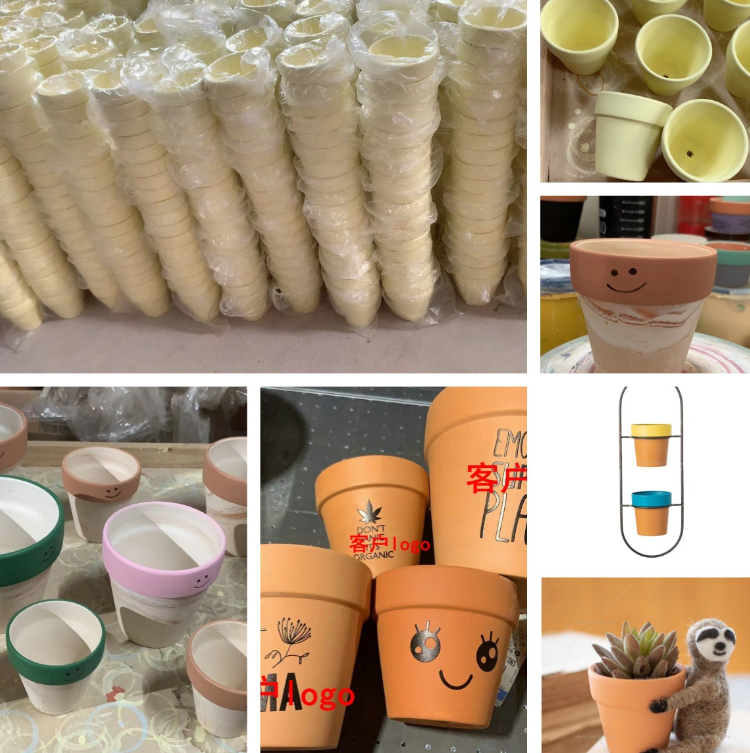
Lavender, another Mediterranean staple, also does well. It loves the warm, dry root zone terracotta offers—and its fragrant flowers pair beautifully with the pot’s warm hues.
For Succulent Lovers: Pairing Shape and Texture
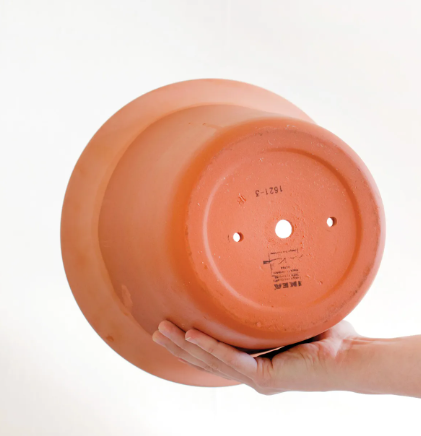
Succulents aren’t just Instagram darlings—they’re perfect for terracotta. Because they store water in their leaves, they’re especially prone to rot in overly moist soil. Terracotta’s breathability solves that problem naturally. Look for small terracotta succulent pots with drainage holes to maximize airflow and prevent soggy soil.
Herbs in the Kitchen? Terracotta Says Yes
For anyone creating a small kitchen garden, terracotta is your best friend. Its natural look complements culinary spaces, while herbs like rosemary, basil, and oregano love the quick-drying nature of these pots. It’s no wonder many retailers now offer mini ceramic herb planter sets tailored for culinary customers and urban dwellers.
Global Brands Using Terracotta Planters Successfully
Several well-known brands around the world have integrated terracotta pots beautifully into their home and garden product lines. Here are five notable examples:
1. Serax (Belgium)
- Known for collaborating with designers to create minimal yet earthy garden accessories.
- Their handmade terracotta series blends traditional aesthetics with contemporary lines.
2. The Sill (USA)
- Offers curated houseplant packages often in unglazed terracotta planters.
- Focuses on education for beginner plant parents—terracotta is part of that simplicity.
3. Petersham Nurseries (UK)
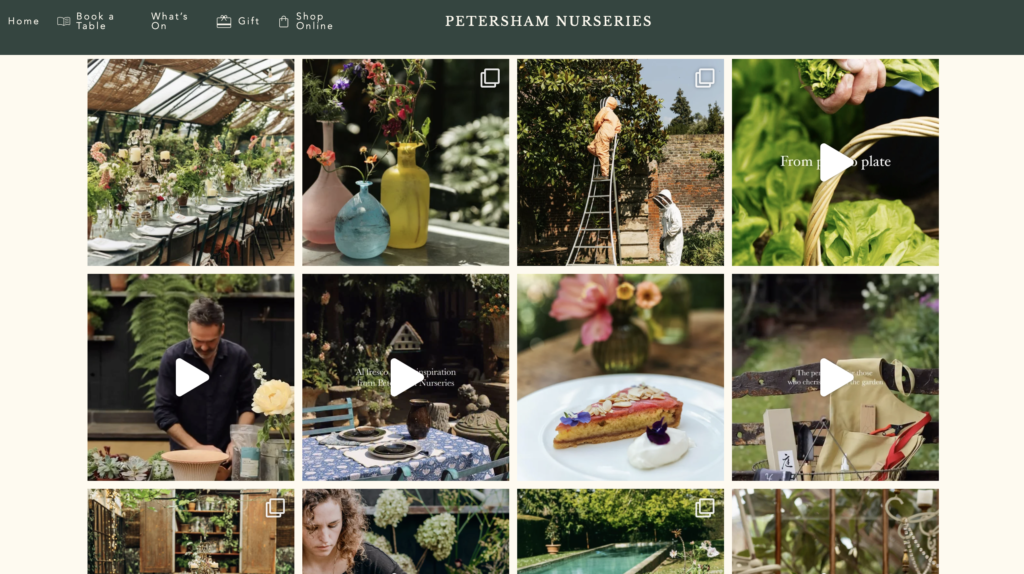
- A luxury garden lifestyle brand emphasizing sustainable materials.
- Their vintage-look terracotta planters are popular with stylists and florists.
4. IKEA Botanisk Collection (Sweden)
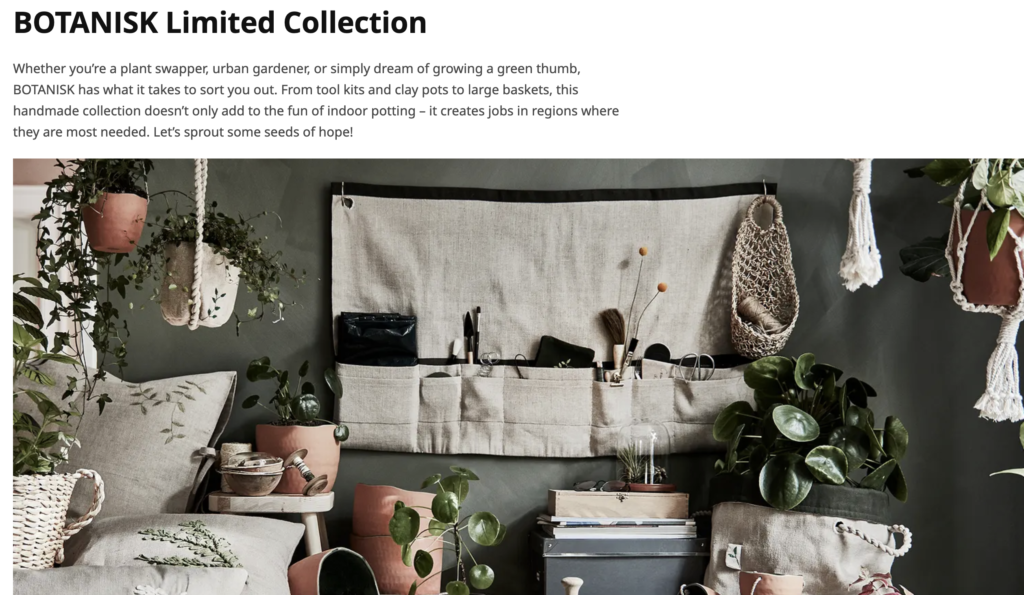
- Released a limited-edition terracotta planter series in collaboration with social enterprises.
- Focuses on affordability, craftsmanship, and material authenticity.
5. Arabia Finland (Finland)
- Traditionally a ceramics brand, they recently expanded into terracotta-style indoor planters with Nordic simplicity.
Tips for Bulk Buyers and Garden Product Brands
If you’re sourcing for a giftware line or building a custom home & garden collection, terracotta planters offer several benefits beyond aesthetics:
- Highly customizable for OEM/ODM orders
- Naturally biodegradable and eco-conscious
- Versatile across indoor and outdoor use
- Compatible with logo stamping, glazing accents, and embossed patterns
Retailers are increasingly seeking ceramic terracotta planters for wholesale, especially those that combine functionality with artisan appeal.
FAQs: People Also Ask
Q1: Can I grow vegetables in terracotta pots?
Yes, but choose varieties that tolerate drier soil—like cherry tomatoes, peppers, or radishes. Make sure the pots are large and deep enough.
Q2: How often should I water plants in terracotta?
Terracotta dries out faster, so expect to water more frequently—especially in hot climates. Always check the soil moisture before watering again.
Q3: Do I need to seal terracotta pots?
Sealing is optional. Unsealed pots are more breathable (better for succulents/herbs), while sealed ones retain moisture (better for leafy plants).
Q4: Are terracotta pots good for indoor plants?
Yes, but choose plants that like drier conditions. Avoid plants like calatheas or ferns unless you’re sealing the pot or using liners.
Q5: Why are terracotta pots ideal for succulent arrangements?
Their porous texture and fast-drying nature reduce the chance of overwatering—a common succulent killer.
Final Thoughts
Terracotta pots aren’t just an aesthetic choice—they’re a performance choice. From succulents to lavender to kitchen herbs, many plants love the breathable and earthy environment these pots provide. They’re especially suitable for hot climates, minimalist plant lovers, and brands looking to elevate their garden collections with natural charm.
If you’re a home décor brand, gift company, or cross-border e-commerce seller seeking reliable supply of custom ceramic terracotta planters, we invite you to explore OEM & ODM solutions. Hale specializes in helping brands around the world bring their ceramic gardenware ideas to life—from artisan-style herb pots to sculpted terracotta flower vessels—all crafted in our factory in China.

